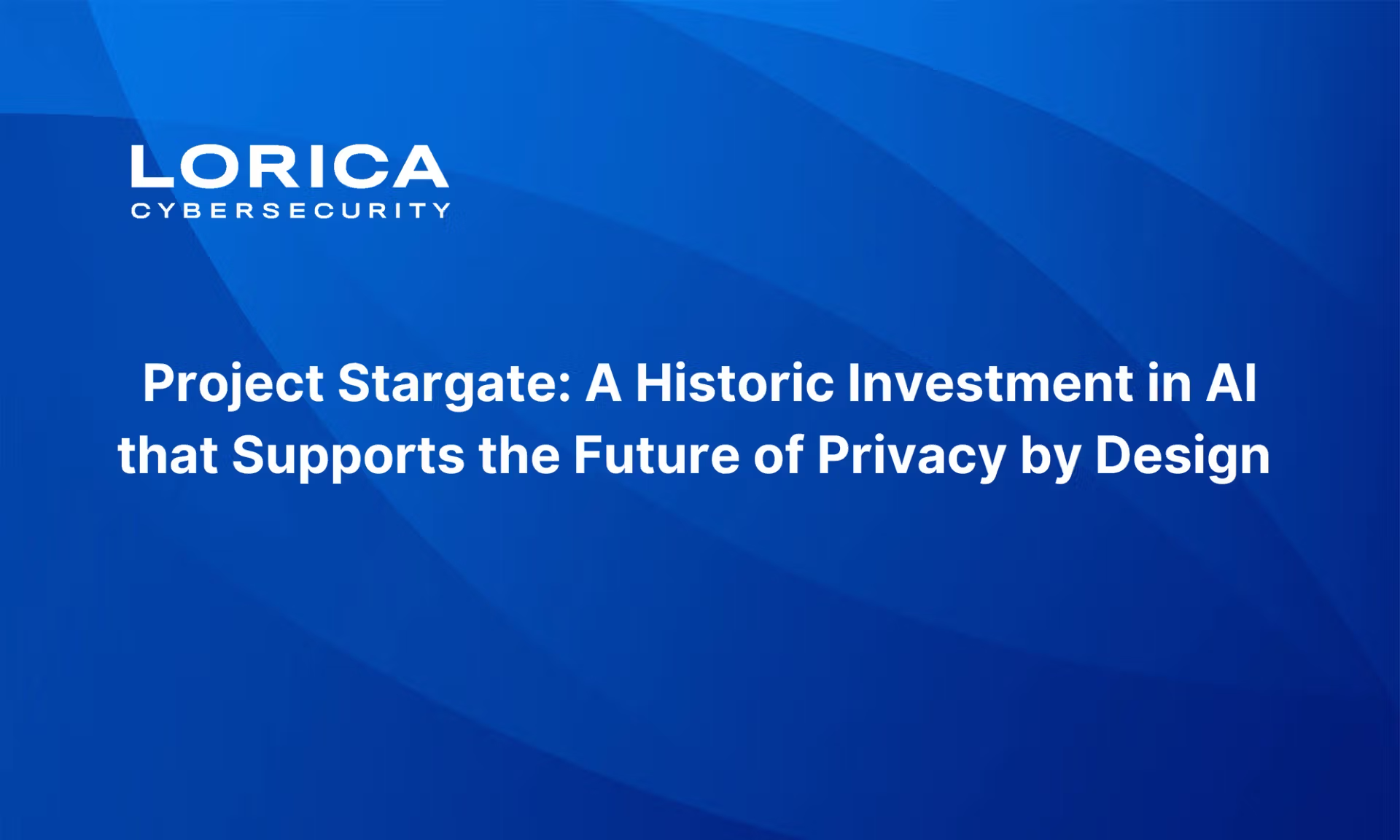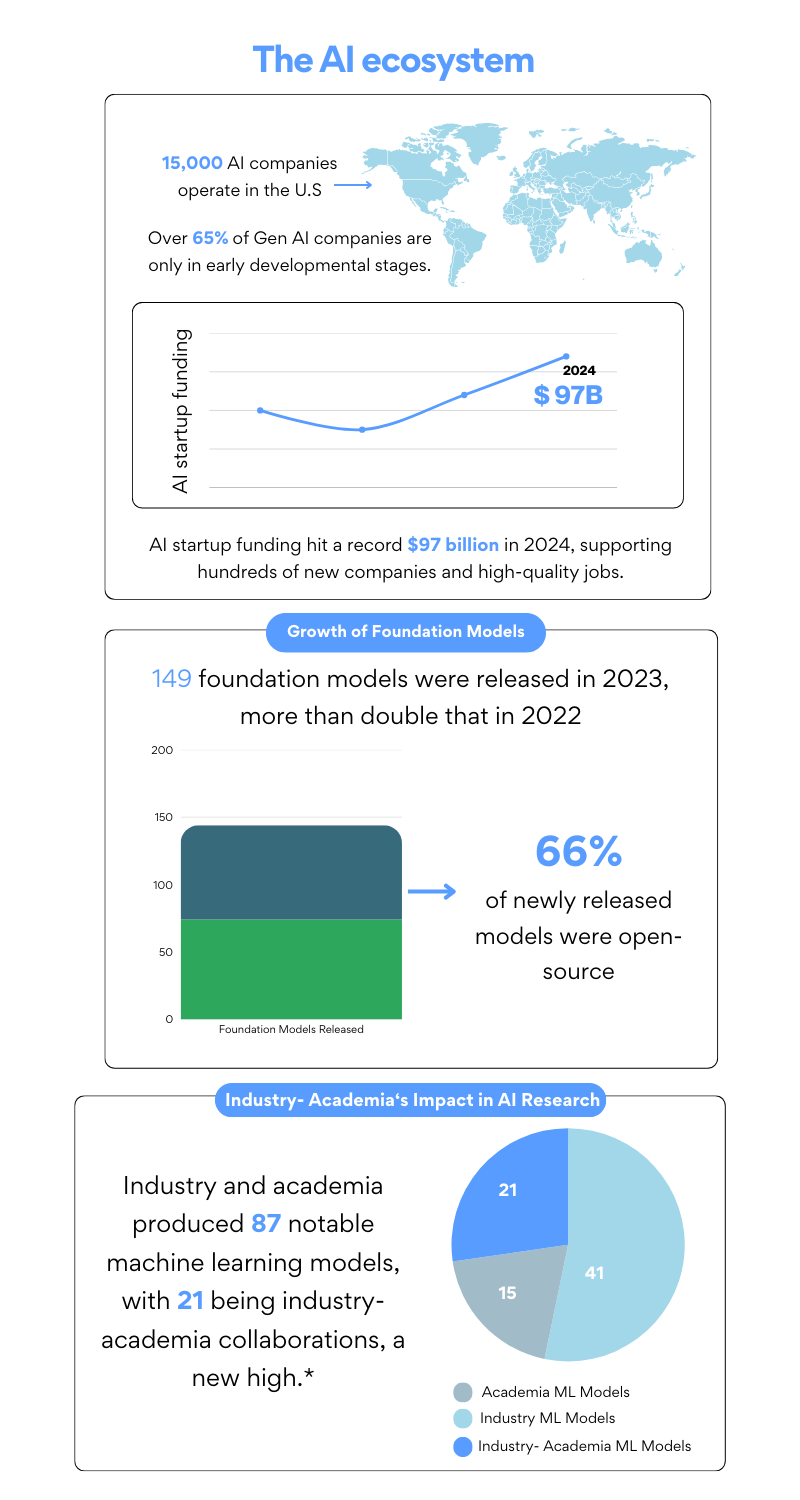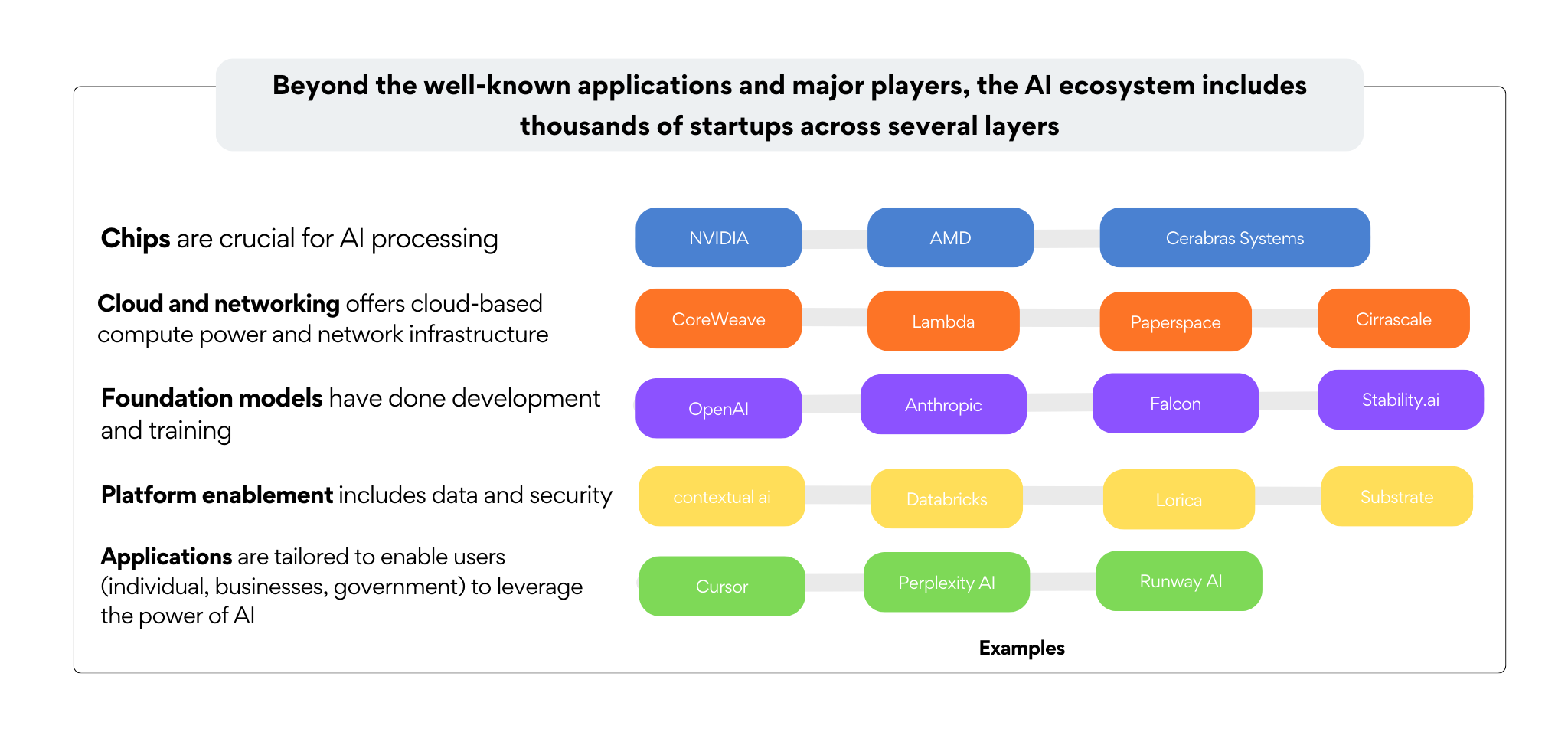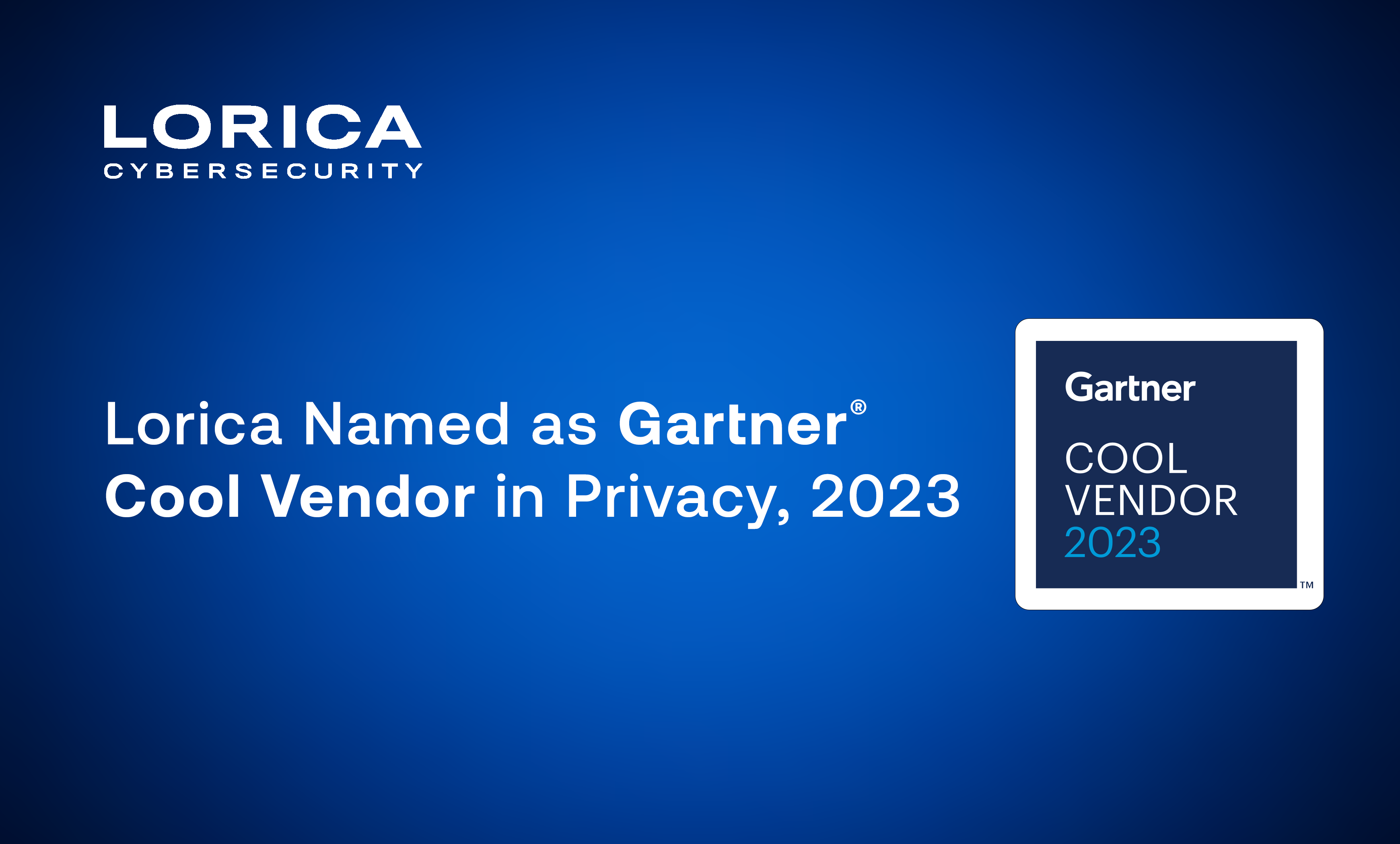Lorica insights
Project Stargate: A Historic Investment in AI that Supports the Future of Privacy by Design
Feb 19, 2025
In a bold move in the realm of AI, the new U.S. administration has unveiled an initiative dubbed the Stargate Project. President Trump heralds it as the “largest AI infrastructure project in history.” The ambitious program, spearheaded as a private joint venture, will initially be funded by SoftBank, OpenAI, and Oracle through the AI-focused investment fund MGX. Setting out with a staggering $500 billion investment, Stargate aims to construct up to 20 massive data centers nationwide to support the immense processing power demands of AI systems.

With the AI market expected to expand from $200 billion in 2023 to nearly $2 trillion in 2030, this announcement has been celebrated as demonstrating a commitment to developing technology with tremendous economic potential and helping the U.S. to remain the global leader in AI.
How can innovative startups like Lorica effectively harness the massive wave of AI investments by Big Tech to drive growth and evolution? The answer to this question will not only define the trajectory of AI infrastructure but also shape the broader ecosystem’s ability to foster adoption that is both groundbreaking and secure.
Project Stargate
The groundwork for the Stargate Project was laid by the previous administration. In fact, The Information, a leading technology news outlet founded in 2013, first reported on the initiative in March 2024.
At the time, much of the AI-related news centered around the high-profile partnership between OpenAI and Microsoft, including M12’s substantial investment in OpenAI and the development of a robust cloud infrastructure within Microsoft’s data centers. However, the announcement of Stargate—backed by multiple major tech players—marks a pivotal moment in the evolution of AI.
Reports indicate that construction is already underway on a data center in Abilene, Texas, designed to support the latest AI chips. The project also includes the development of new energy infrastructure to meet the massive power demands of AI training workloads, further underscoring the scale and ambition of Stargate.
AI Governance: Balancing Innovation, Privacy, and Power
As AI continues to evolve, a critical question remains: Are we on the path to a more secure and ethical technological future, or are we simply reinforcing existing power structures? The appointment of big tech representatives to key government positions raises concerns about how AI and privacy policies will be shaped—and whether they will genuinely serve the broader public interest or primarily benefit industry giants.
For instance, Elon Musk now leads the Department of Government Efficiency, while venture capitalist David Sacks has been named the administration’s “crypto czar.” Other notable appointments include Jacob Helburg—formerly of Peter Thiel’s Palantir—serving as Under Secretary of State for Economic Growth, Energy, and the Environment, and Michael Kratsios, who previously held multiple roles at Thiel-backed funds, now directing the Office of Science and Technology Policy.
With these figures influencing policy, how do we ensure that AI regulation prioritizes privacy, security, and innovation in a way that benefits society as a whole?
The challenge ahead extends beyond technological advancement—it’s about collectively shaping an AI-driven ecosystem that serves humanity ethically, with privacy at its core. Regardless of political affiliations, having technology-minded and engineering-focused leaders in key government positions makes sense, especially at a time when our infrastructure, economy, and the intricate connections between businesses, consumers, and the human-machine relationship are increasingly influenced by regulation.
However, the true measure of progress will be in ensuring that these leaders are guided by what is best for society as a whole versus the interests of deep-pocketed stakeholders. Thoughtful, forward-looking policies must strike a balance between innovation and accountability, fostering an AI landscape that prioritizes security, fairness, and the greater good.
A Flourishing AI Ecosystem
While a select few companies often dominate AI discussions, such as OpenAI with ChatGPT and Google with Gemini, the landscape is rapidly evolving. Meta’s Llama models have also gained traction, becoming accessible through Amazon Bedrock to support generative AI applications.
Recently, a new entrant has emerged: DeepSeek. Founded in 2023 by Liang Wenfeng, DeepSeek has quickly gained attention for its cost-efficient AI models. The company’s DeepSeek-R1 model delivers performance comparable to leading AI systems but at a fraction of the development cost, as recently reported by many new outlets including the BBC.
DeepSeek’s approach challenges the industry’s reliance on high expenditure and energy consumption in AI development. By focusing on efficiency, the company is sparking important conversations about sustainable AI practices.
As AI continues to expand across generative, agentic, and other specialized applications, a broader ecosystem of startups and established companies is flourishing. Innovation is accelerating, creating new opportunities for those who can successfully navigate this evolving landscape.
This is, and will continue to be, an exciting time for Lorica. More on that later, but for now, let’s take a closer look at the current AI ecosystem and the factors shaping its future.
Here is a snapshot of that dynamic ecosystem:
* in 2023. Sources: AI Startup Funding Hit a Record $97 Billion in 2024, Artificial Intelligence Index Report 2024, Statista, Unlocking the Economic Potential of U.S. Generative AI.
In the rapidly evolving AI landscape, collaboration among diverse players is essential for continued innovation and customer service. AI is swiftly transitioning from niche applications to enterprise-ready solutions, creating significant opportunities for privacy-focused startups like Lorica. By integrating various components into comprehensive AI architectures, we aim to deliver secure and transformative business solutions.
Effective collaboration requires a rich ecosystem that includes established tech giants and emerging deep-tech startups. For instance, Amazon Web Services (AWS) collaborates with AI companies like Anthropic and Mistral, providing cloud customers access to advanced foundation models through platforms such as Amazon Bedrock, where AWS CEO, Matt Garman refers to it as, “Playing the Long Game on AI”.
Similarly, Anthropic’s development of the Model Context Protocol (MCP) exemplifies how open-source tools can enhance AI system integration across various datasets, benefiting the broader AI community.
At Lorica, we are committed to contributing fresh ideas and robust solutions to this collaborative ecosystem, ensuring that AI advancements prioritize security and ethical considerations.
The AI Long Game- The Lesson of DeepSeek
The recent emergence of DeepSeek offers valuable insights into the evolving AI landscape and the challenges that startups are addressing. When news of DeepSeek’s release surfaced, it notably impacted the stock prices of several major tech companies. The Chinese startup introduced an open-source model, DeepSeek-R1, which operates using a fraction of the resources required by large U.S. tech companies, yet delivers comparable results. While companies like OpenAI, Anthropic, Google, Meta, and Microsoft have collectively invested billions of dollars in training their models, DeepSeek claims to have spent significantly less on developing its models. However, some experts suggest that the actual costs may be higher than reported.
DeepSeek-R1 is also more cost-effective for users; it’s an advanced AI model that’s freely available to the public, offering a valuable resource for developers aiming to build applications on this platform.
One key takeaway from DeepSeek’s approach is the importance of fostering a diverse and dynamic ecosystem of companies tackling AI challenges, including the issue of resource-intensive models. Established tech giants don’t always arrive at the best solutions first. To remain resilient against unexpected challenges from emerging innovators, the U.S. AI economy must be inclusive and support a wide array of companies.
At Lorica, we are committed to contributing to this vibrant ecosystem by developing solutions that prioritize security and privacy. Stay tuned for upcoming developments from Lorica that will not only enhance our ability to democratize AI securely but also uphold privacy standards in the coming months.







